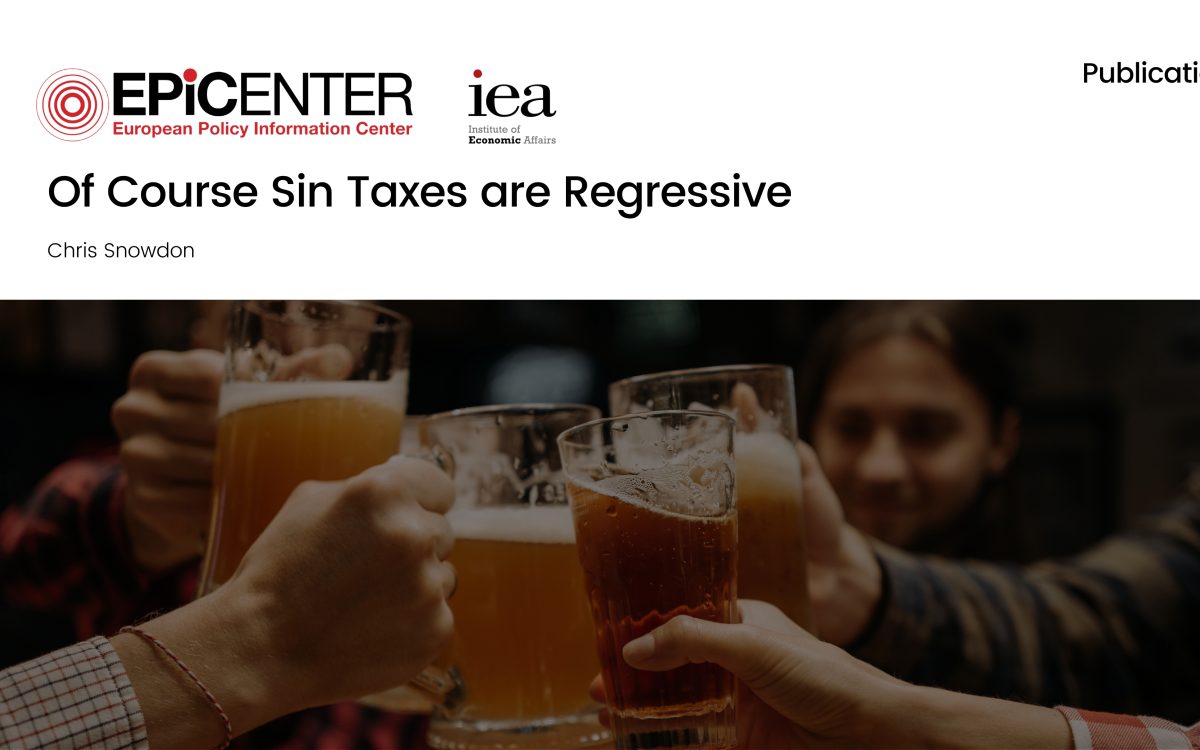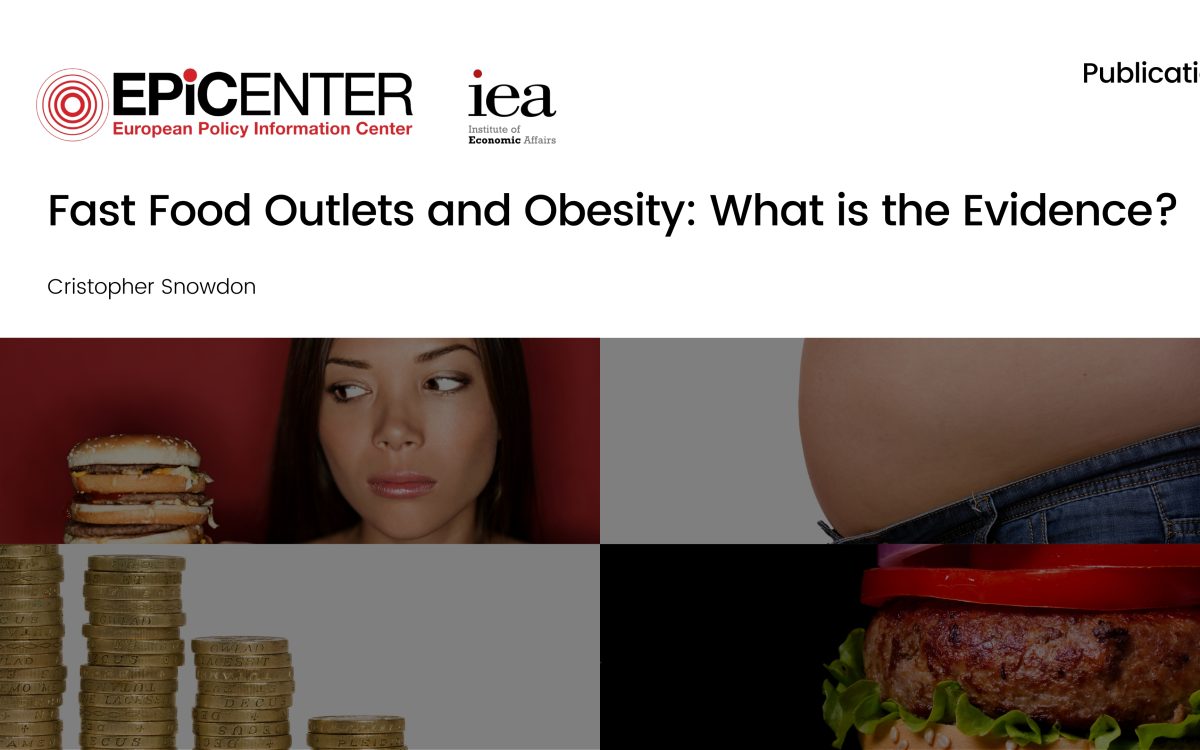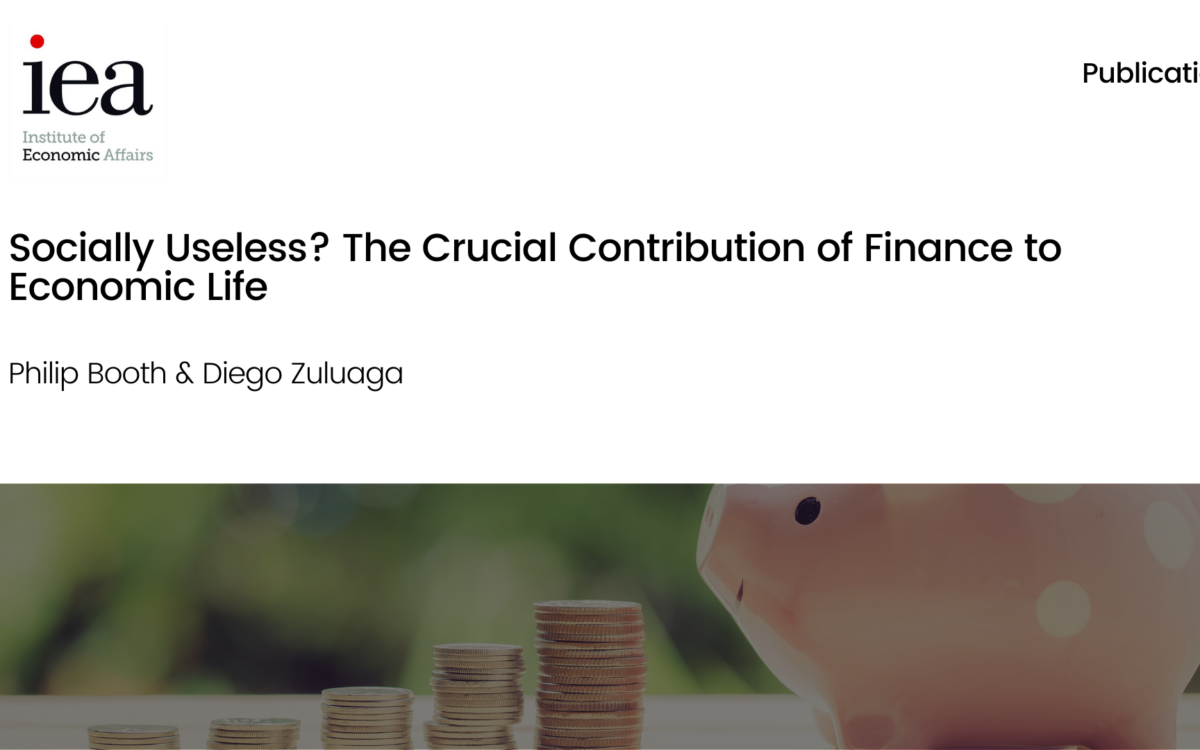September 28, 2018
Free trade improves the well-being of all parties to it. The most significant way that trade achieves this outcome is by enabling and incentivising specialisation in production, and also encouraging mechanisation and innovation. As specialisation deepens, and as mechanisation and innovation advance, the per-person output of goods and services increases.








